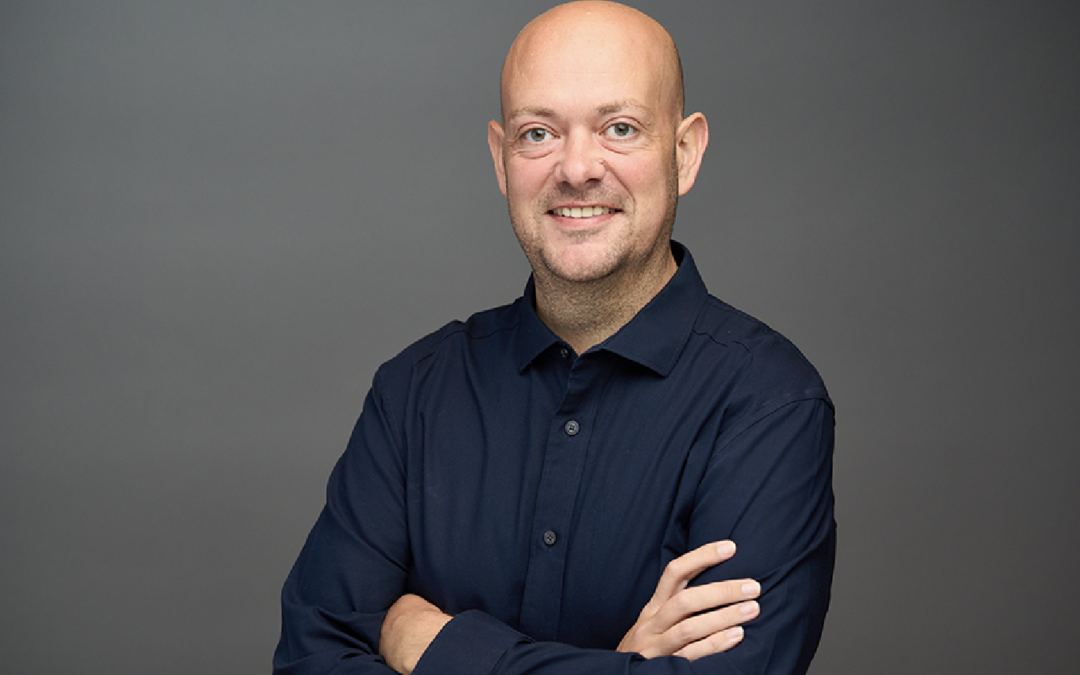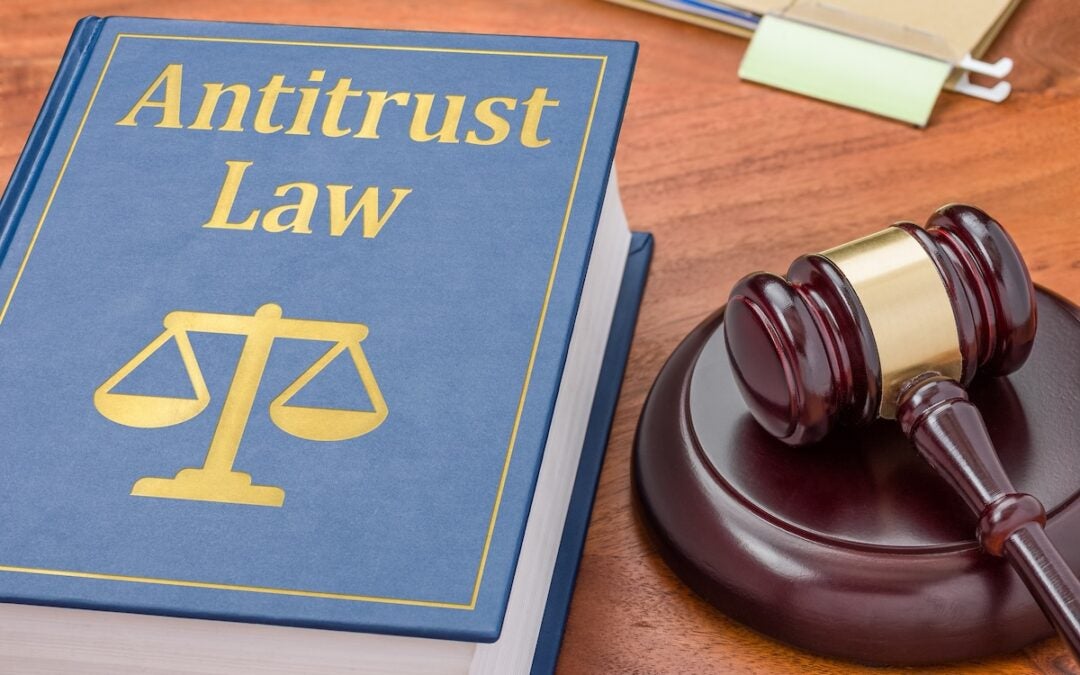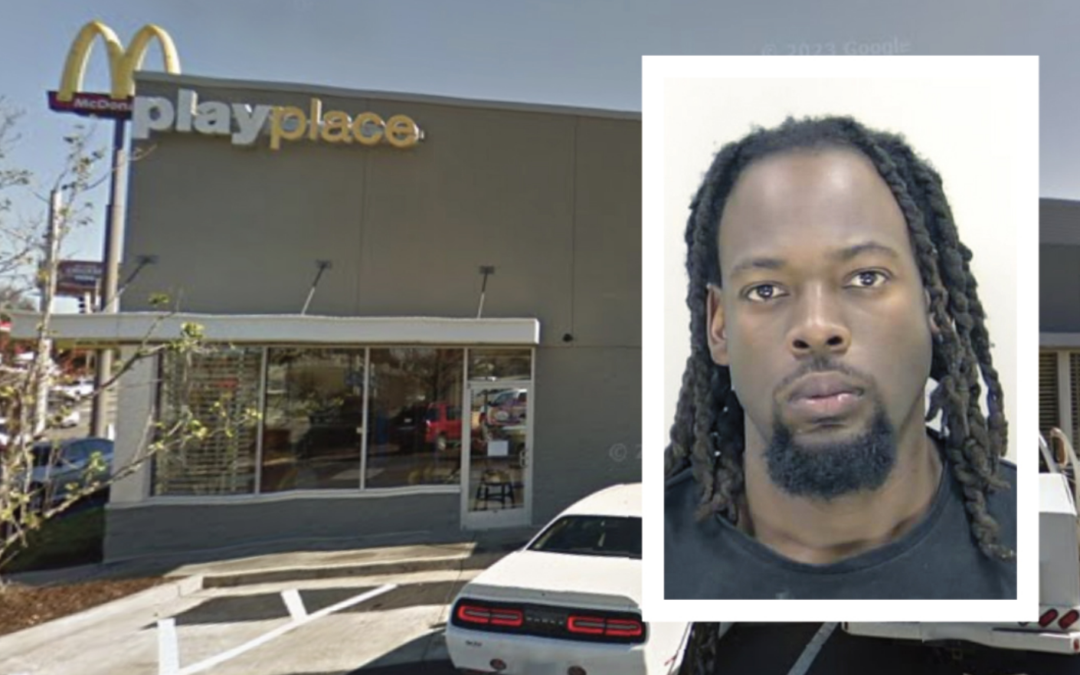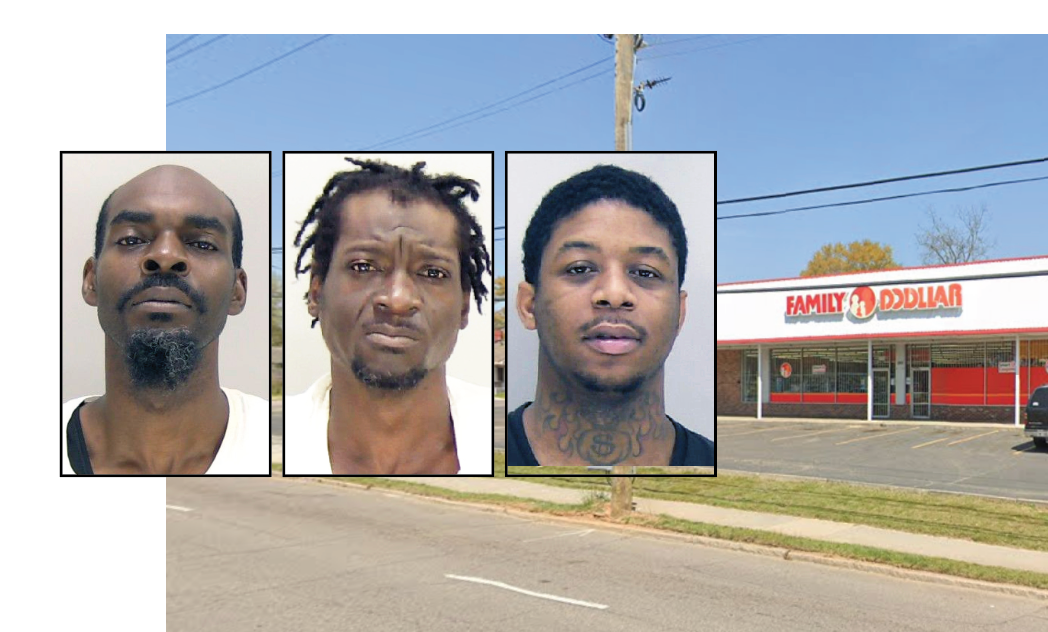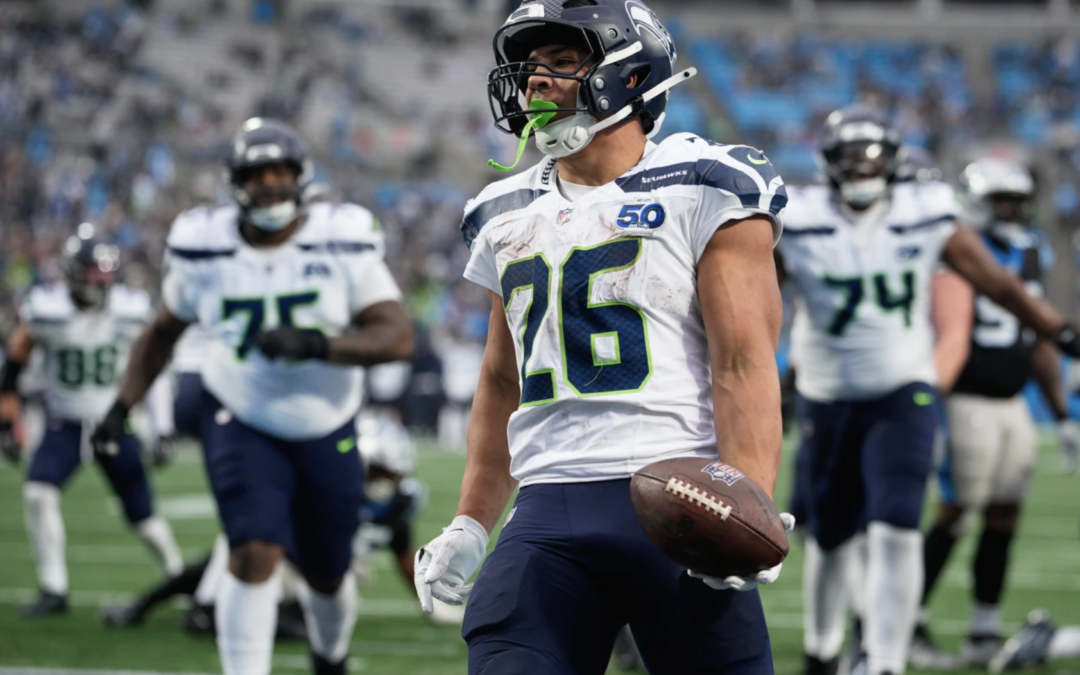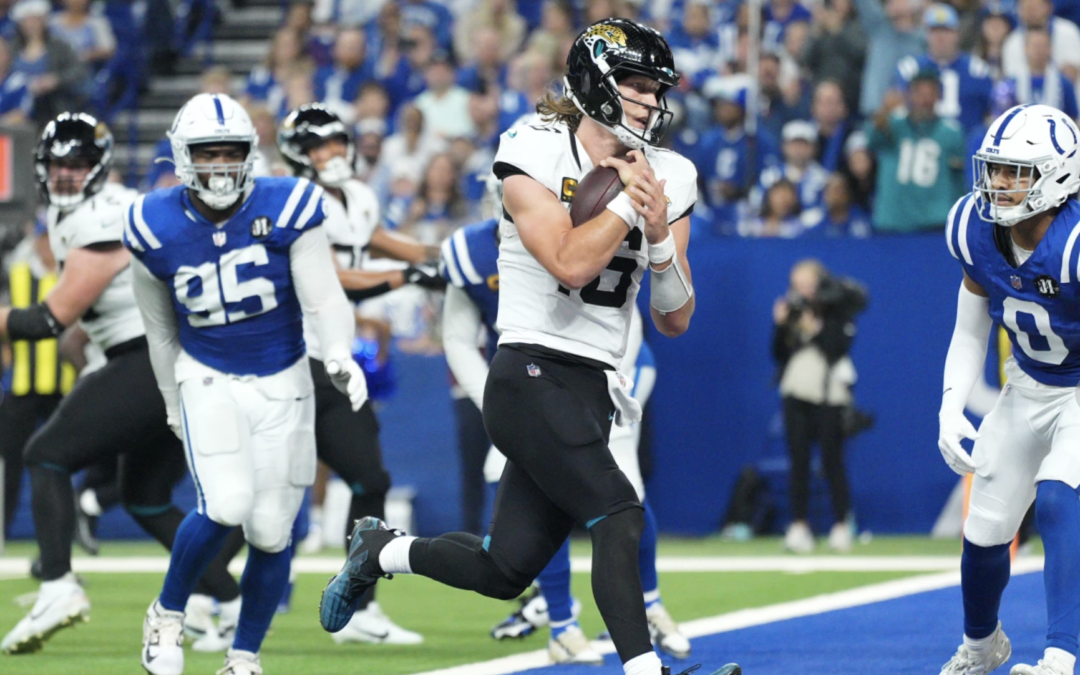July 1st was—is—National Joke Day.
Perhaps ironically, I’m not kidding.
Maybe it’s apt to enter the high meridian of the summer, the zenith of barbecue season and the beginning of Independence Day weekend, with more than a little bit of innocent, even if sometimes bawdy, joy. Best medicine and all that.
Speaking of irony, the funniest thing to me about National Joke Day, as both a writer and as a comedian, is its origins: neo-pulp author and illustrator Wayne Reinagel started the holiday in the mid-90s as a means to market his joke book volumes, “250 Funniest Office Jokes, Memos & Cartoon Pinups.”
The whole day is a joke, in other words, told to help sell books. I don’t know how well it worked, and I haven’t read Reinagel’s books, and so I don’t know how well it deserved to work. But I find the whole endeavor pretty funny, and when it comes to jokes, that’s what counts.
Or does it?
What makes a good joke? Comics are paid to figure this out (well, most of the time they’re paid. Or some of the time. Occasionally. In a perfect world). I certainly reflect on it often enough, both while I’m sitting at my desk, or in a bar or a coffee shop, staring at my notebook, pulling my hair out because I can’t remember that absolutely brilliant bit I just came up with two seconds ago; as well as right before I go onstage for a stand-up show, rehearsing my set in my head, hoping the audience will find it funny.
So, in honor of Mr. Reinagel’s incorrigible marketing scheme/holiday, I reckoned it would be appropriate to consult some of my colleagues in comedy, some who are based right here in the CSRA, and all of whom have performed on stages in the Augusta area; and see if we can garner some insight into the art of making people laugh.
“Normal thing plus normal thing in the same category, plus absurd random thing tangentially related,” explains Patrick Cunningham, a veteran comic who, before moving Philadelphia, staked his claims in Macon, Atlanta and Huntington, Ala. comedy scenes. He’s also performed plenty of times in Augusta, including at Fox’s Lair at the Olde Town Inn and Savannah River Brewery.
I love how its algorithmic formation somehow explains joke structure—or at least a particular theory about joke structure—very clearly, while also subtly ribbing the reader.
“Setting an expectation and subverting that expectation in a succinct and clever manner,” said Savannah-based comic Chris Davison.
Both Davison and Patrick convey versions of what’s called the incongruity theory of humor, which posits that laughter is invoked by the violations of patterns and expectations, and though articulated in the 18th century by philosophers like Jean Beattie, Francis Hutcheson, Immanuel Kant and Arthur Schopenhauer, can be traced back at least as far as Aristotle.
Anderson Nance, known on stage as “Sauce Got Jokes,” a fellow funnyman I’ve worked with in both Augusta and Columbia, currently based out of Charlotte, echoed this understanding of comedy saying, “I think the unexpected makes things funny. When you set up the expectation but pivot into a direction that the audience didn’t necessarily see coming.”
“SteFunny” Denise, a Virginia Beach-based comedienne who frequently performs throughout the Southeast, including the Augusta area, spices up her approach to incongruity theory with personal experience.
“Being vulnerable, unexpected endings and build ups,” are major aspects to what make a joke effective, said Denise.
Atlanta-based comedian Duke Desdunes roots a lot of his act in personal experience, which he says, “gives conviction, and you can sell it better; the audience buys in more.” This certainly makes sense to me. If you’re drawing from your own experience, you’re more likely to tap into genuine feelings, thoughts and instincts, and that authenticity will come out in the joke and in the delivery of the joke. Few things are funnier than being fired up.
Speaking of delivery, Cadaver (don’t worry, it’s a stage name!), a goth-themed Augusta magician, ventriloquist and stand-up comic, notes that she “found that timing is a large part of what makes my jokes funny. I get to the punchline at just the right moment. I’ve seen comedians on TV tell jokes that aren’t bad, but how they told them caused it to flop.”
How we say something is often just as important, if not more so, than how we say it. Most of us (hopefully) understand this in everyday social interaction, but also in any kind of communication or art. And even a brilliant piece of music can come alive with an inspired arrangement. When it comes to telling jokes—which is all too similar to telling a story—things are essentially no different.
“There’s so many different styles of comedy and joke-telling, but I feel that what makes a joke funny is when someone can take someone or something in plain sight and give us another perspective on it to make it hilarious,” said Saseddrick Washington, who has been making sides split on Augusta stages and beyond for over a decade.
Frank McCurry, one local comic, said, “Why isn’t it April 1st?” But after that, he said, “A funny joke makes you laugh,” which struck me as profound as it was straightforward. “There are a million angles to walk up a mountain, but only one peak and you only get to say you climbed it if the one you chose took you there.”
If I understand him rightly, this is McCurry’s somewhat Zen koan-like way of underscoring the fact that whatever does, in fact, make an effective joke, it has to have caused laughter. If it makes you laugh, it’s funny. It’s a good joke. Period. Believe it or not, this basic axiom of the humorous arts is all too easy to forget.
Whether I want to satirize a political issue, speak truth to power, point out an absurdity of everyday life, articulate the strangest, bleakest, weirdest thoughts in my head in a way to make it make sense to others, or just be silly because I can… the endgame, throughline and starting point has to be me trying to make someone uncontrollably make noise.
We all like to make folks laugh, and we all like to laugh. Trying to make others laugh is a fun challenge, but a challenge it is. Nothing quite reminds us of our individual distinctiveness—how each mind is a world away from the next—like trying to make someone (or several someones) laugh. I think part of why laughter is the best medicine is because it’s a real way to bond. It’s a spirited, joyful connection by way of an implicit “Oh, you saw that, too!”
I’ll let Cadaver say it: “As long as you think it’s funny, there will be at least one person there who does.”
I’m not sure if we got anywhere, but I hope you chuckled a little. Now go make someone laugh. Or, rather, pay one of us to do it. And have a safe, and funny, July 4th Weekend.







